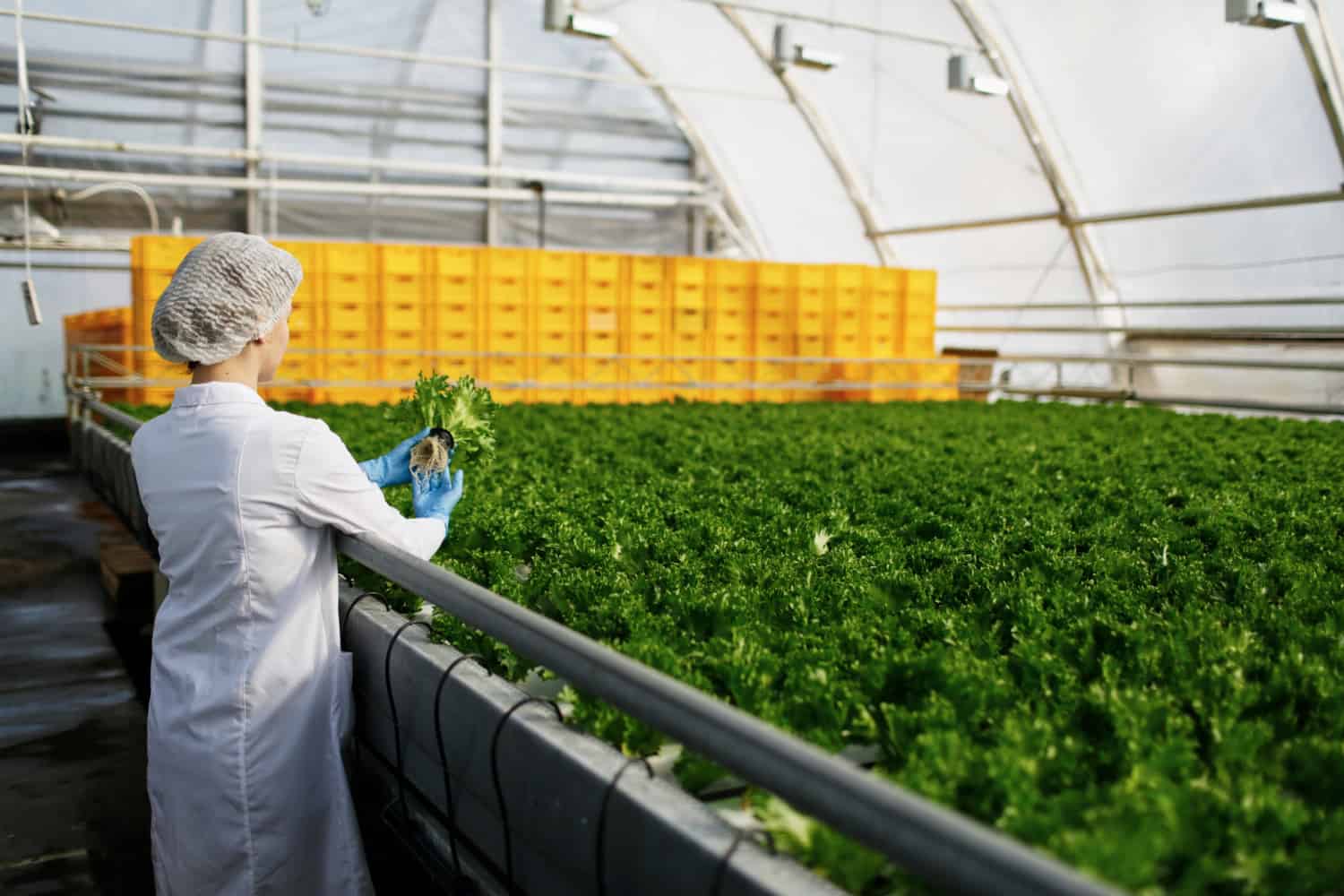- Phone: 306-970-1552
- connect@gentleprocessing.ca
- 18-301 South Industrial Dr. Prince Albert, SK S6V 7L7, Canada

In today's world, where environmental concerns are at the forefront of global discussions, the food industry plays a significant role in contributing to environmental impact. Food processing, in particular, has a substantial footprint due to its energy consumption, water usage, and waste generation. However, the growing awareness of the need for sustainable practices has led to an increased interest in adopting environmentally friendly food processing methods. In this article, we will explore the challenges faced by the food processing industry in this endeavor and present viable solutions to promote eco-friendly practices.
Food processing involves various stages, from sourcing raw materials to packaging and distribution. Each step in the process has the potential to impact the environment in different ways:
Food processing facilities require significant amounts of energy to power machinery and equipment. Fossil fuels, often used as an energy source, contribute to greenhouse gas emissions, exacerbating climate change.
Water is a crucial resource in food processing, used for cleaning, cooling, and various production processes. Excessive water usage can strain local water supplies and lead to water scarcity.
Food processing generates substantial amounts of waste, including byproducts and packaging materials. Improper waste management can result in pollution and environmental degradation.
Chemicals such as pesticides, fertilizers, and cleaning agents are often used in food processing, and their improper disposal can harm ecosystems and wildlife.
While the importance of adopting eco-friendly practices in food processing is evident, several challenges hinder the industry's progress in this direction:
Implementing sustainable practices often requires upfront investments in new technologies and equipment. For smaller businesses or those with limited budgets, these costs can be a barrier to adoption.
The food processing industry operates on a global scale, with complex supply chains that involve numerous stakeholders. Coordinating sustainable practices throughout the supply chain can be challenging.
Navigating and adhering to evolving environmental regulations can be daunting for food processors. Compliance with stringent standards may require significant adjustments to existing operations.
While consumer awareness of environmental issues is increasing, sustainable products can sometimes come at a higher price. Convincing consumers to prioritize eco-friendly options over more affordable alternatives can be a hurdle.
In some regions, access to renewable energy sources and sustainable water management infrastructure may be limited, making it harder to adopt environmentally friendly practices.
Despite the challenges, several solutions can pave the way for environmentally friendly food processing practices:
Food processing companies can transition to renewable energy sources such as solar, wind, or hydropower to reduce their carbon footprint. Governments and organizations can provide incentives to support this transition.
Implementing water-saving technologies and water recycling systems can significantly reduce water usage in food processing facilities.
Food processors can adopt practices to minimize waste generation and explore recycling options for byproducts and packaging materials. Composting and biogas generation from organic waste are sustainable alternatives.
Switching to eco-friendly and biodegradable packaging materials can reduce the environmental impact of food products.
The food processing industry, along with governments and non-profit organizations, can collaborate to create educational programs and raise awareness about the benefits of sustainable practices. Educating consumers can also foster demand for eco-friendly products.
Food processors can seek certifications from reputable organizations that endorse sustainable practices. Displaying eco-labels on products can help consumers identify environmentally friendly options.
Exploring waste-to-energy technologies, such as anaerobic digestion and biomass conversion, can turn organic waste into renewable energy sources.
Adopting environmentally friendly food processing practices is not without its challenges, but it is essential for the sustainability of the food industry and the planet. By addressing energy consumption, water usage, waste generation, and chemical usage, the food processing sector can significantly reduce its environmental impact.
Combining innovative solutions, governmental support, consumer awareness, and industry collaboration, the transition to eco-friendly practices can become a reality. As consumers become more conscious of their environmental footprint, the demand for sustainably processed food products will likely grow, providing businesses with a strong incentive to embrace green practices.
Through a collective effort, the food processing industry can play a pivotal role in promoting a more sustainable and environmentally friendly future for all.